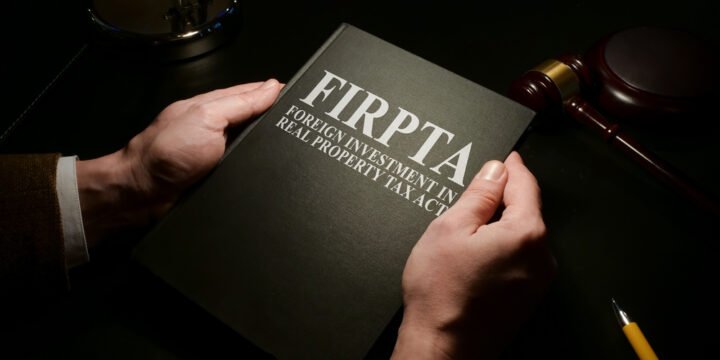
Cross Border Conduit Financing and the Intricate Rules Governing These Transactions
By Anthony Diosdi It has been more than 30 years since Congress enacted Section 7701(1) of the Internal Revenue Code and the Department of Treasury (“Treasury”). These provisions authorize the Internal Revenue Service (“IRS”) to recharacterize any multiple-party financing transaction as a transaction directly between two or more parties if it is determined that reclassification is necessary to prevent the avoidance of U.S. tax. The regulations under Section 7701(1) on May 3, 1991, financing arrangements will be deemed a “conduit financing arrangement” that is subject to recharacterization. See Treas. Reg. Sections 1.871-1(b)(7), 1.881-3, 1.881-4, 1.1441-3(j), 1.441-7(d), 1.6038A-3(b)(5), and 1.7701(1)-1. Under these regulations, a conduit financing arrangement exists where an intermediate entity in a financing arrangement is a conduit. A “financing arrangement” consists of:“A series of transactions by which one person…








